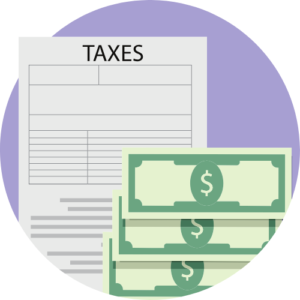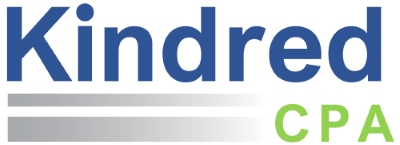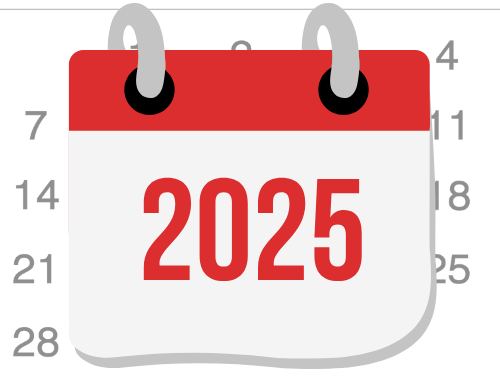2025 Dollar Limits Flyer Click the link above to download a listing of tax and payroll-related dollar limits adjusted for 2025
 If you have taxable income from sources such as investments, self-employment, or working in the gig economy, you may need to make estimated tax payments throughout the year.
If you have taxable income from sources such as investments, self-employment, or working in the gig economy, you may need to make estimated tax payments throughout the year.
If you work for an employer, you’re familiar with the federal and state withholding that’s deducted from each of your paychecks. But if you have income from other sources, such as interest, dividends, capital gains, alimony, and even prizes and awards, taxes may not be automatically withheld. That can mean having to pay an unexpected bill at tax time–and nobody wants that!
Individuals (including sole proprietors, partners, and S corporation shareholders) generally have to make estimated tax payments if they expect to owe tax of $1,000 or more when their return is filed.
If you’re a Kindred tax client, we calculate the amount of estimated tax you owe. If you prepare your own taxes, you can use Form 1040-ES to figure your estimated tax.
Estimated tax payments are due four times each year:
- January 1 to March 31 – due April 15 (yep, the same as Tax Day!)
- April 1 to May 31 – due June 15
- June 1 to August 31 – due September 15
- September 1 to December 31 – due January 15 of the following year
If the due date falls on a Saturday, Sunday, or legal holiday, payments are due the next business day.
If you don’t pay enough tax through withholding and estimated tax payments, you may have to pay a penalty. You may also have to pay a penalty if your estimated tax payments are late, even if you’re due for a refund when you actually file your tax return.
Depending on how your tax situation came out this year, it might be worthwhile to review your tax withholding from your employer. You can use the IRS Tax Withholding Estimator to make sure you’re having an appropriate amount withheld.



